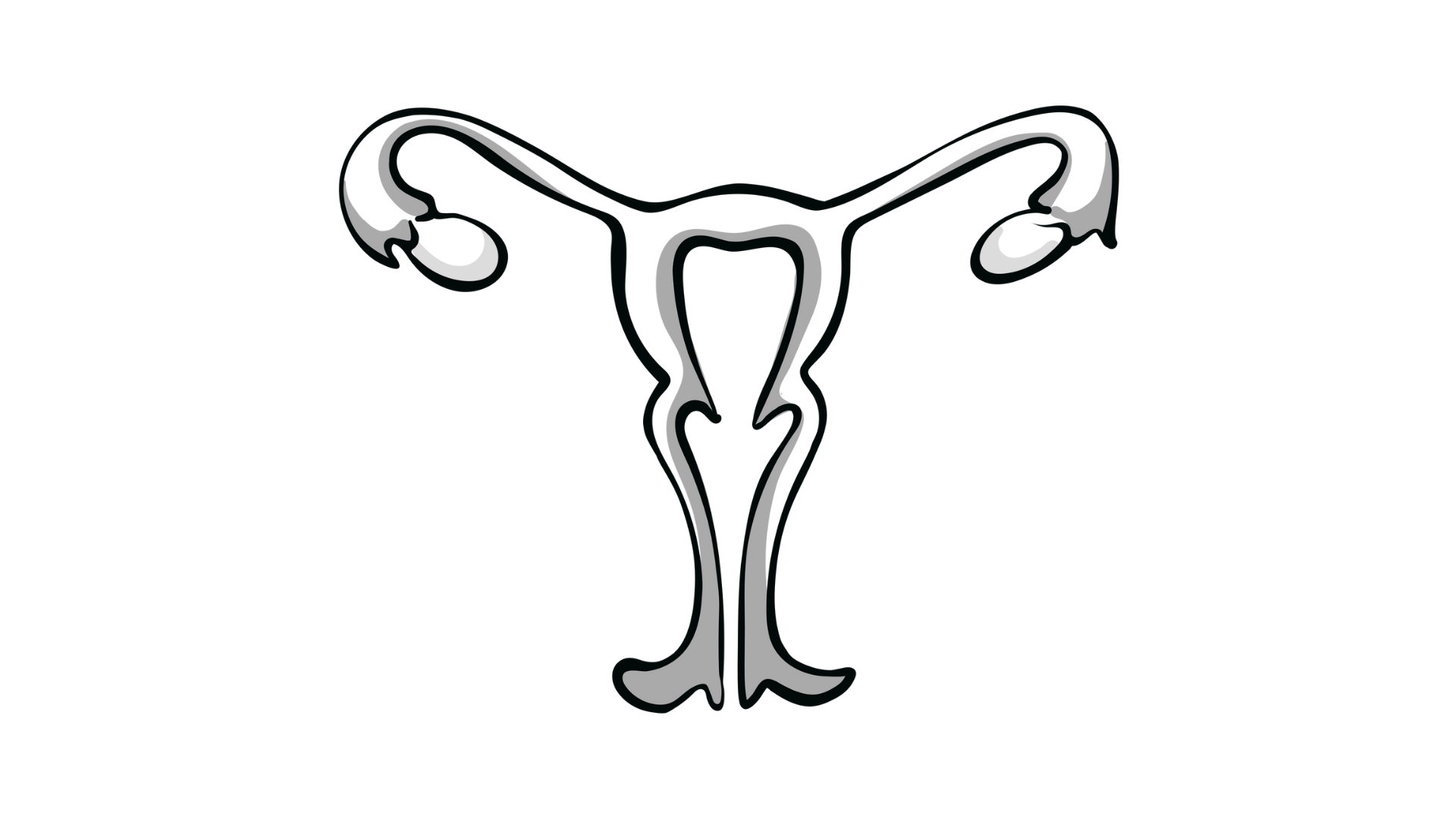Rucaparib Maintenance Therapy for High-Risk Ovarian Cancer
Ramez N. Eskander, MD: Regarding the use of maintenance treatment with rucaparib in the platinum-sensitive recurrent setting, we focus on data from ARIEL3. As we discussed, ARIEL3 enrolled 564 patients. It was a randomized, double-blind, placebo-controlled trial that looked at evaluating the efficacy of rucaparib as a maintenance strategy in patients who had at least 2 prior lines of platinum-based therapy and who had a complete or partial response to the penultimate platinum-based regimen. What we saw with incorporation of rucaparib as a maintenance strategy was a significant improvement in the median progression-free survival [PFS]. And in the cohorts of patients enrolled on the study, the median PFS in the rucaparib arm was 16.6 months versus 5.4 months in the BRCA-mutated population. And it was 13.6 months versus 5.4 months in the LOH [loss of heterozygosity]-high group, again with a cutoff of 16%. Both of these were significantly better in the treatment arm versus the placebo. Even in the intent-to-treat patient population that lumped in all patients enrolled, including LOH-low patients, it was 10.8 months versus 5.4 months.
What we see from ARIEL3 is that we have a meaningful improvement in the median progression-free survival with a maintenance strategy with no significant decrement in the quality of life, speaking to the safety of rucaparib and the tolerability. The treatment-related adverse effects are a reality for our patients on maintenance treatment, and it’s our obligation, again, to be honest, to educate them about what treatment-related adverse effects they may experience, and to be proactive about mitigation strategies. Ultimately, our goal is to keep patients on treatment, because we believe that this treatment is beneficial to preserving a remission.
In treating patients with PARP inhibitors, many of the trials that were designed to evaluate efficacy of rucaparib had end points that were essentially placed for the duration of PARP therapy and were fairly subjective or arbitrary. We want to balance efficacy versus potential toxicity, or adverse events, from the drug regimens. In clinical practice, when we treat with a PARP inhibitor like rucaparib in the recurrent setting, we treat patients until they have unacceptable toxicity or adverse effects from treatment, or conversely, if they have disease progression. As long as patients are tolerating treatment, if they remain on therapy and are in remission, they could be continued on their PARP inhibitor. A couple of the clinical trials that were performed would end treatment at 2 years if the patient remained in complete response. But again, these are fairly subjective designs. In clinical practice, patients can stay on maintenance PARP inhibitors for as long as they derive benefit.
Transcript edited for clarity.
Case: A 71-Year Old Woman With High-Risk Ovarian Cancer
Initial presentation
- A 71-year old woman presented to her PCP for a routine annual checkup, she complains of increasing fatigue
- PMH:
- Hypertension, controlled on a thiazide
- 2017 diagnosed with stage IV ovarian cancer; BRCAwt; underwent TAH/BSO, lymph node dissection, with suboptimal debulking; treated with paclitaxel/carboplatin/bevacizumab followed by maintenance bevacizumab; achieved CR
Currently
- CA-125, 456 U/mL
- Chest/abdomen/pelvis CT with contrast shows a suspicious lung lesion
- Lung biopsy confirmed recurrent epithelial ovarian cancer
- Molecular testing showed HRD+, LOH high
- ECOG: 0
Treatment and Follow-Up
- She was started referred to an oncologist and started on carboplatin/doxorubicin, treatment was well tolerated for 4 cycles; CA-125 35 U/mL;
- Rucaparib 300 mg BID maintenance was initiated
- At 2 months follow-up
- CA-125 was undetectable
- Chest/abdomen/pelvis CT showed no gross masses or nodes
- Pelvic exam was unremarkable
Avutometinib/Defactinib Leads to Positive Response, Survival Data in Ovarian Cancer
October 18th 2024The completion of a new drug application for the combination of avutometinib and defactinib in KRAS-mutant ovarian cancer is expected to be finalized with the FDA by the end of the month.
Read More






